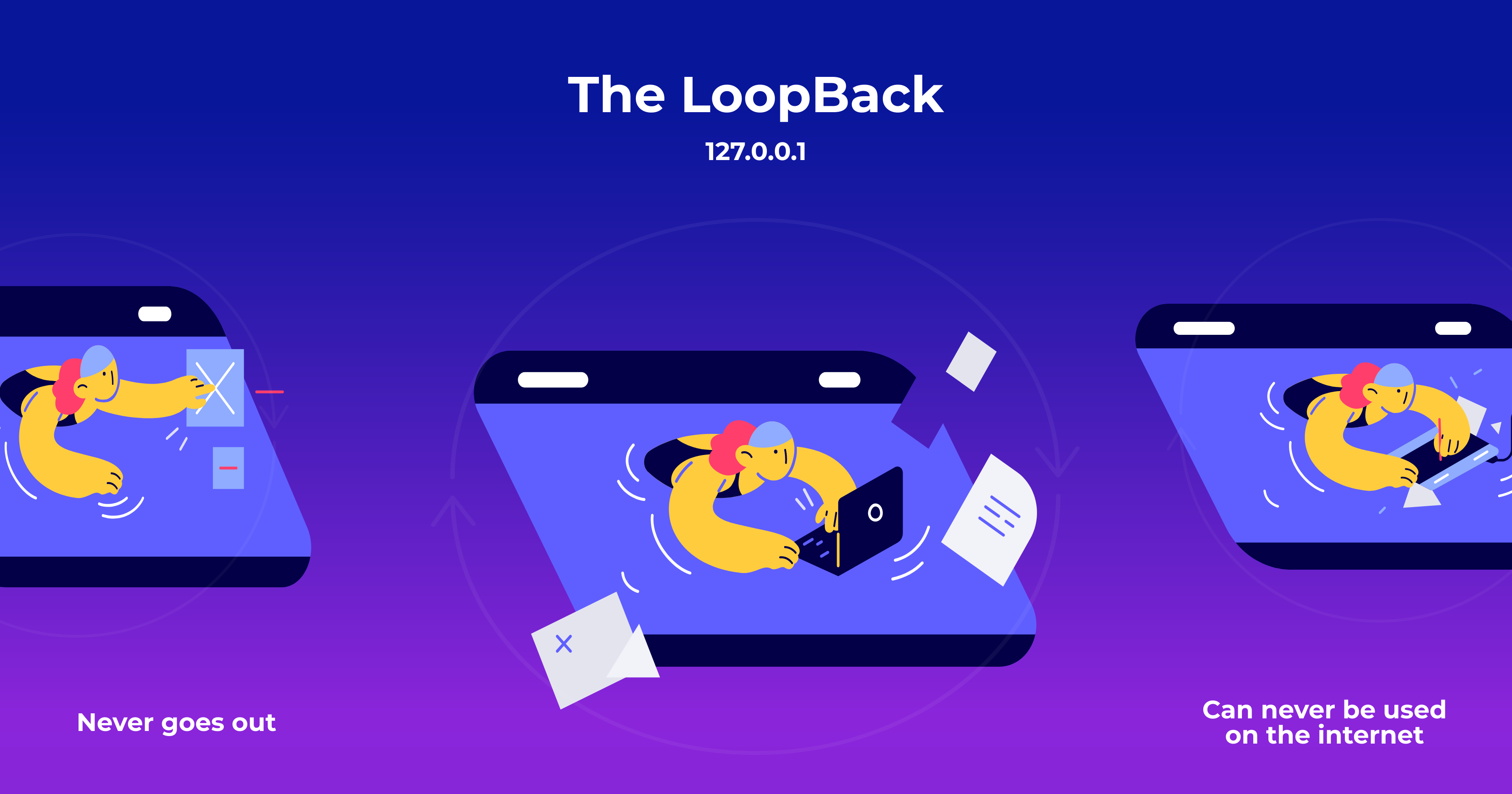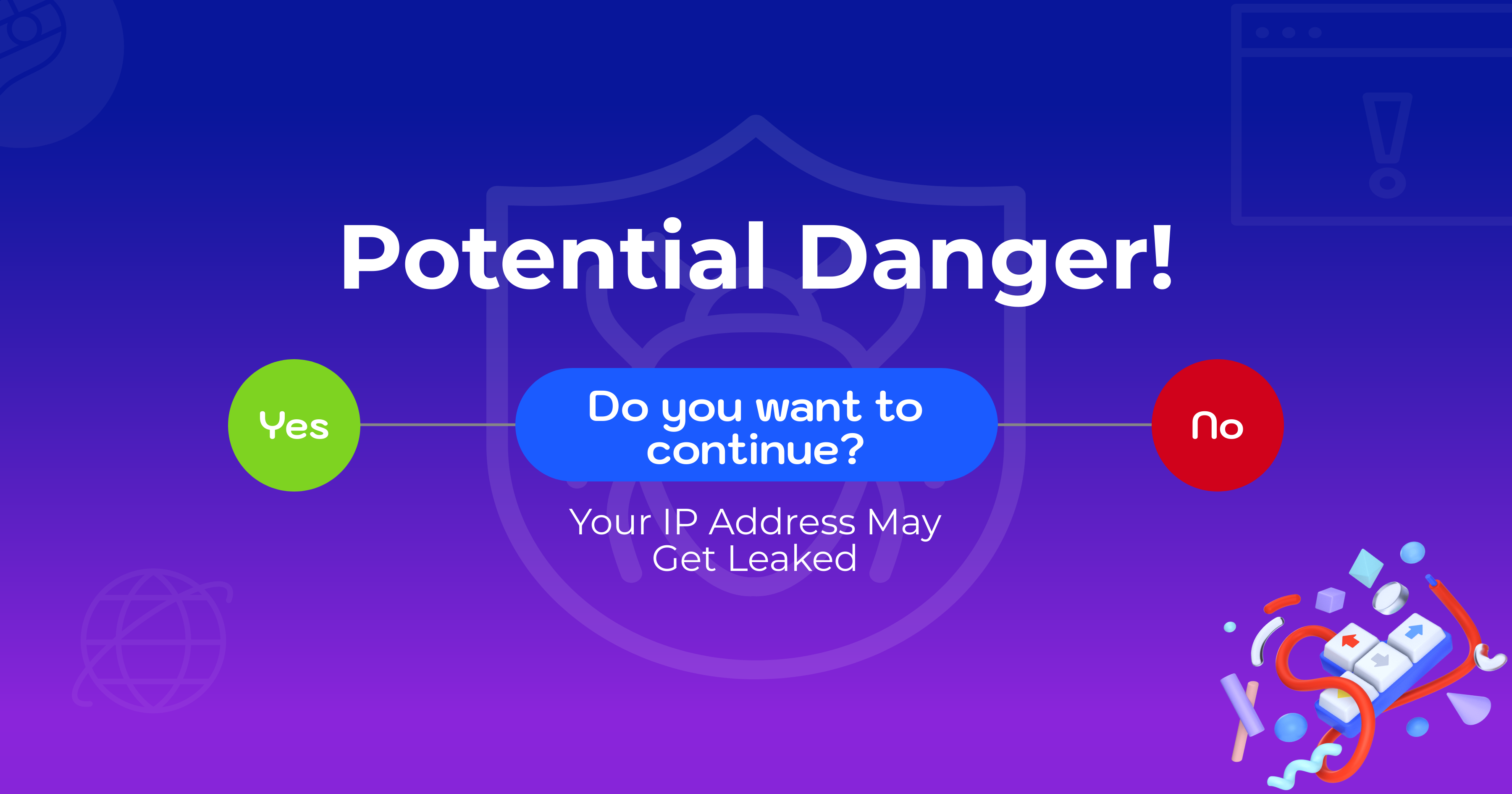Networks and the IP Addresses
Introduction:
Billions of data are shared on the internet daily, from simple text messages, likes, or comments to the most immense amount of confidential and crucial data of governments and enormous companies worldwide...
Have you ever thought about how that data set off from a specific destination to another specific one? or how was that picture your buddy once sent you able to travel through the ocean of the world's internet, and reach to your device and only yours accurately!?
in other words, how are devices able to communicate with each other, and how other devices can identify each other among billions of other devices connected on the internet!?
To get the answers to those questions and more, let's dive a bit deeper and know more and the IP addresses...
What's an IP address?
The IP address or the internet protocol address is a special address that identifies & distinguish a device connected to the internet or to a local network, it has a set of rule which rule the type of data sent and received through the network, internet, and local networks.
It consists of 4 octets separated by dots, each can take up to 255 as a value, consisting of 8 binary values of 0's and 1's, forming an 8 bits octet, at the end the 4 octets combined form the 4 bytes "32 bits" IP address we see on our terminals.
What's the binary form of the IP address and how does it differ from the usual IP we know?
The binary form of an IP address and the decimal form is the same, it's all about making it easy for every side to read and understand the IP.
As the binary is the machine language, our devices read and process the data as 0's and 1's, in other words, the devices don't see the data the way we do, and that applies to the IP addresses.
For example, the loopback interface address 127.0.0.1, is seen by the machine as 01111111.00000000.00000000.00000001.
So the whole idea is that the binary and the decimal, are just forms of the IP address and they don't change anything related to it, they are nothing more than a way of presenting the data.
What are the sorts of IP addresses?
There are 3 sorts of IP addresses, each has its own set of rules, and is found to satisfy a specific function,
THE LOOPBACK IP ADDRESS:
The loopback address 127.0.0.1 or the localhost is an address found in every device, and it's crucial to identify the device and check whether the device is connected to a network or not.
The packets sent to this IP never come back to the network as they get looped through the network interface card.
It's essential for checking the efficiency of the path through the TCP & IP protocols, and whether it's working or not.
LOCAL IP ADDRESS:
The local IP address is a unique IP with limited privileges, that is assigned to devices by the router to which they are connected, to make the communication among the devices on that same local network available...
The local IP address has a special unique range of values, and it's never reachable from the internet and can never go out on the internet and communicate with other devices but the ones on the same local network.
PUBLIC IP ADDRESS:
The public IP address is the address that goes on the internet and is reachable by it.
It's controlled and sold by specific companies or ISP (Internet Service Providers), which take the IP address ranges from the other companies, which as well take their ranges from one of the following sources:
-LACNIC (Latin America)
-ARIN (North America)
-RIPENCC (Eurasia & the Middle East)
-AFRINIC (Africa)
-APNIC (Asia & the Pacific)
These are linked to the main source IANA (The Internet Assigned Numbers Authority), a standards organization owned by ICANN and founded by the U.S. Federal government, that oversees global IP address allocations, and root zone management in the DNS (Domain Name System), etc...
Each router has a technology that makes it provides each device connected to it with a unique local IP address, and a configuration will let it communicate with the ISP server, which will check the validation of the configuration, to then provide the router with a public IP address by which it will be able to go on the internet.
The router takes the requests transmitted by the local IP addresses from each of the devices connected to it, and goes out on the internet through one public IP address to get the response to those requests, and then delivers it to each device based on what they requested.
The public IP address is confidential, thus it's important to not allow others on the internet from reaching out to your public IP, which may lead to a leak of your confidential data or even losing it or the control of your own device, therefore it's crucial to know how to keep it your public IP address private!!!
The two types of IP addresses provided by IANA:
IPV4:
Divided into 5 classes, 3 of which are available to the public and companies, and the other 2 are dedicated for special purposes...
-Class A:
Used in LAN and WAN, it takes the range of addresses from 1.0.0.0 to 126.255.255.255, and any company that owns a range of IP from class A will have 16 million Public IP addresses.
Class A's range from 10.0.0.0 to 10.255.255.255 is dedicated to local IP addresses.
-Class B:
Used in LAN and WAN, it takes the range of addresses from 128.0.0.0 to 191.255.255.255, and any company that owns a range of IP from class B will have 65000 public IP addresses.
The range from 172.16.0.0 to 172.31.255.255 of class B is dedicated to local IP addresses.
-Class C:
Used in LAN and WAN, it takes the range of addresses from 192.0.0.0 to 223.255.255.255, and any company that owns a range of IP from class C will have 254 public IP addresses.
The range from 192.168.0.0 to 192.168.255.255 of class C is dedicated to local IP addresses.
-Class D:
Reserved for Multicasting takes the range of addresses from 224.0.0.0 to 239.255.255.255 .
-Class E:
Reserved for research and development, and it takes the range of addresses from 240.0.0.0 to 254.255.255.255 .
IPV6:
The newest version of IP addresses, represented by 8 groups of hexadecimal digits, separated by columns { : }, each group represents 16 bits and it looks like the following:
2032:0be8:85d3:1100:0000:5d4e:0490:9217
It's mainly used to allow more special TCP/IP address identifiers to be created.
Is the company that owns an IP range from class C able to provide internet service to only 254 clients?
The answer is NO!, because the ISP (Internet Service provider) doesn't provide each client with a special IP all alone, but through the routers, it determines a specific range or several users which will go out on the internet with one public IP address, for example, the first 50 users will go out using the first public IP address, the second 50 will go out on the internet using the second IP address and so on...
What are HUB, Switch, Router, and Firewalls, and what's their relationship with the networks?
HUB:
Hub is a networking device that's used to allow some devices to connect on the same network and communicate with each other.
It works on the first layer The Physical Layer, thus it doesn't have enough tech to read the messages sent and received on the network, it just takes and delivers data, thus it's an old device, it slows the network and lacks privacy, as it shares all of the data sent through the network with every device connected to it.
Switch:
The switch is a more advanced networking device that allows various numbers of devices to connect to the network and communicate privately with each other.
It operates on the second layer, or as it's called The Datalink Layer which makes it able to read the MAC address (Media Access Control Address) of the sender of the packet, and the receiver of it, and find that specific MAC address on the network to deliver the packet to.
Router:
It's a more advanced networking device, it allows communication among two switched networks & subnetworks, by receiving and sending the packets according to the IP addresses of the communicating devices on the network.
As it works on the third layer, its technology allows it to read and understand the IP addresses, which makes it able to connect multiple devices from packet-switched networks and subnetworks together, and allow smooth communication between them, or among them and the internet by taking all of the devices on the internet through one unique public IP address.
Firewall:
As long as the network is local, and the communicating devices are known, then no danger is around, though the moment those devices go on the internet, the danger kicks on as way too many connections are established with different devices and servers on the internet, among which could be malicious websites, servers, etc...
And here, the firewall kicks in as a network security device that monitors and check the incoming "received" network traffic and the outgoing "sent" traffic and filters them, to spot any malicious traffic from reaching the network which can result in taking it down, like the DoS & the DDoS attacks.
How to protect yourself online?
As previously mentioned, while connected to the internet we have no absolute control of the packets sent or received through the network, therefore maintaining a good security level for your devices is a necessity, and first to mention here, is hiding your identity on the internet and cutting the first point on the road that leads to your device, which is your public IP address.
There are many ways to hide your actual public IP address on the internet, among which are using a VPN, a proxy service, using the Tor network, or using a special OS like Tails OS, etc...
Though, what's the difference between them, and which is the best to go for maximum privacy?
In other words, simply put which one to use to be safe online!? The simple answer lies in knowing each is there for what purpose and serves which aims, thus HERE we are going to give detailed answers to all of the above-mentioned questions.
Conclusion:
The IP addresses topic is a super wide one which can't be fully covered by one video or article, though that was the main principles explained of IP addresses and some of the most important basic networking devices that everyone interested in networking or knowing how things go on on the internet must know about.
Last but not least, it's crucial to maintain a good level of security in your network, whether it's a company's network, or just a house network because you don't know what you may face in the world of the internet at any moment while you just scrolling around pages!!




